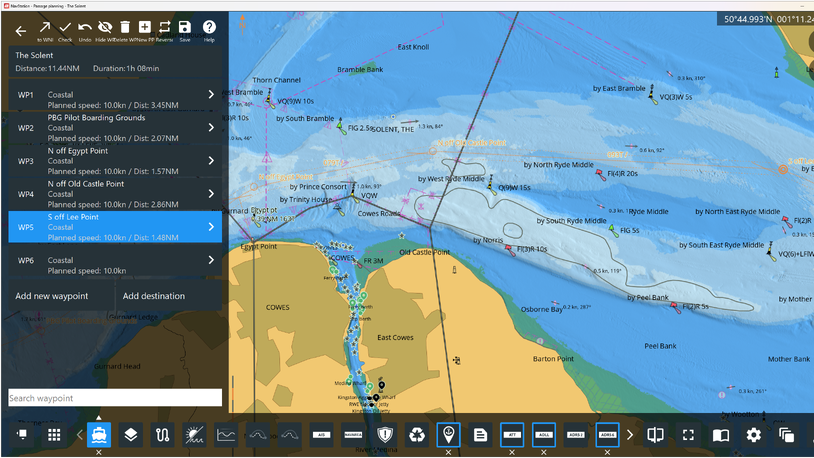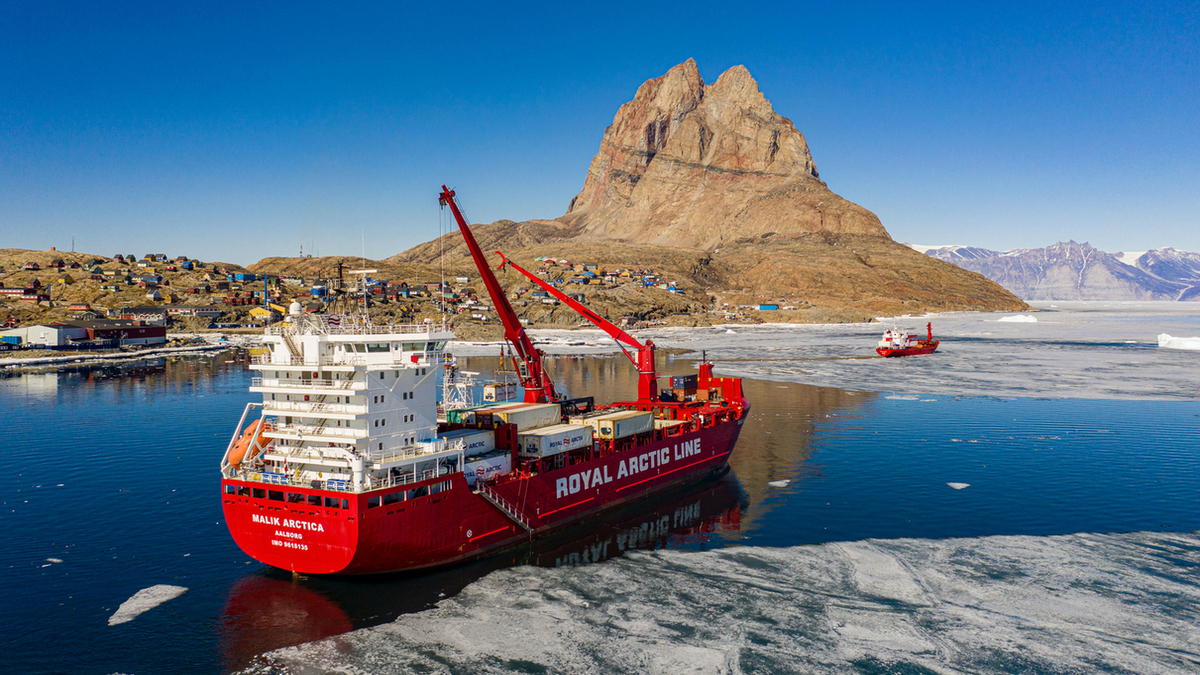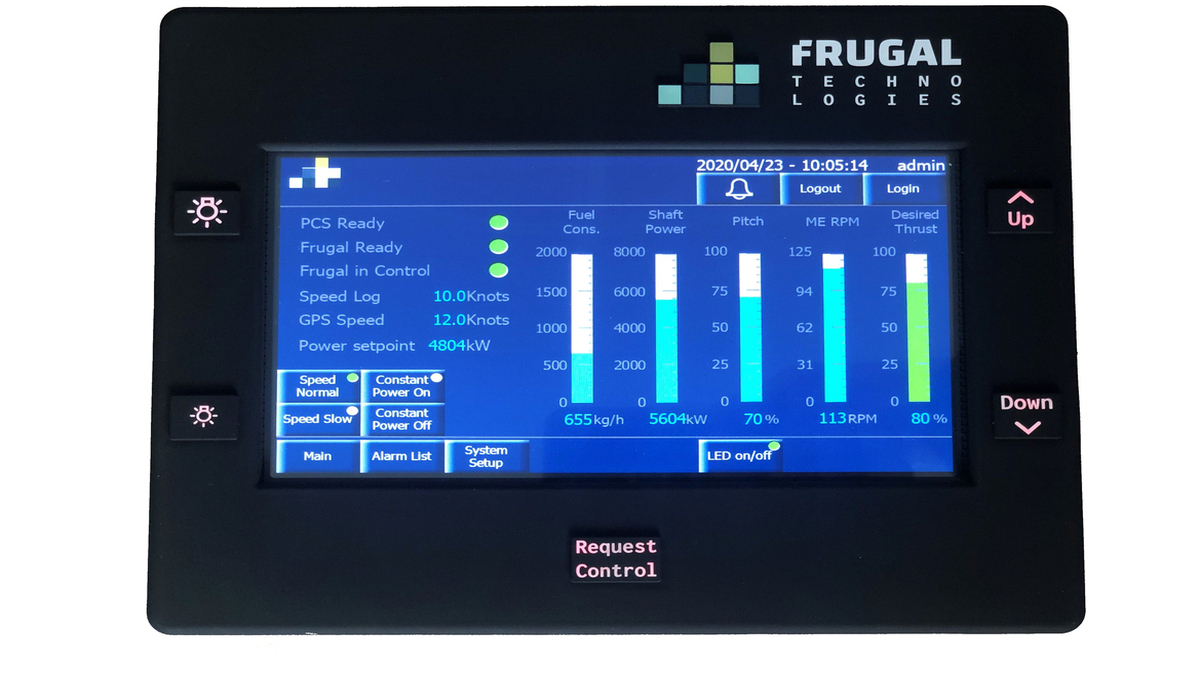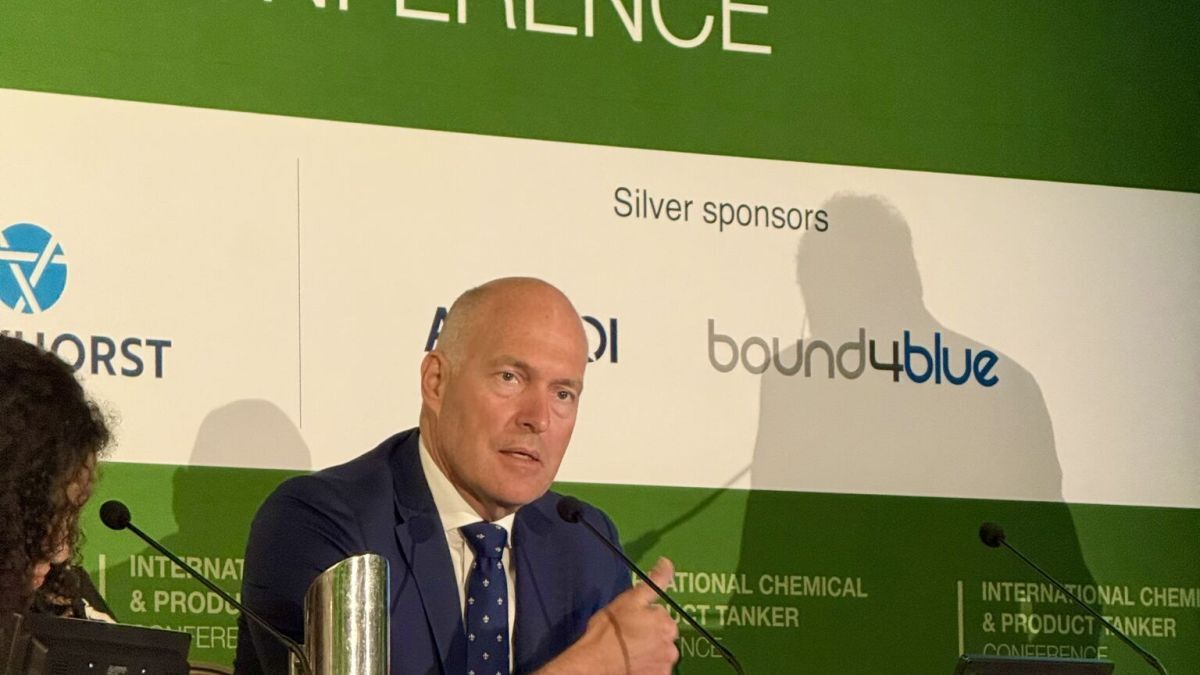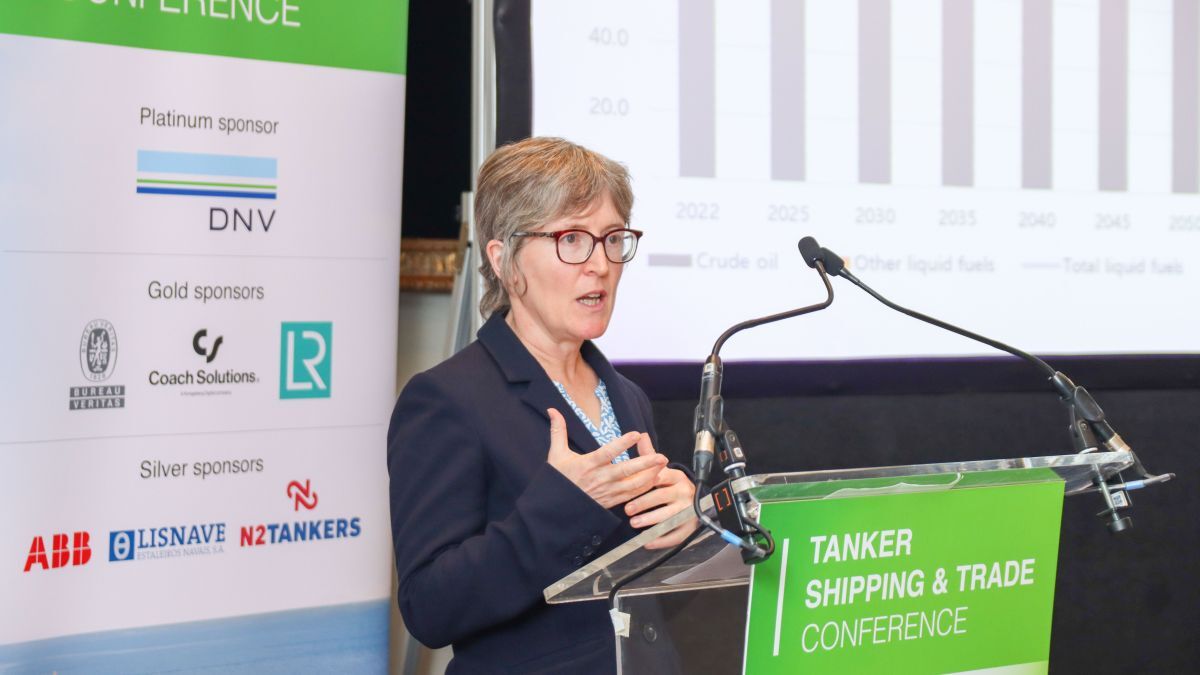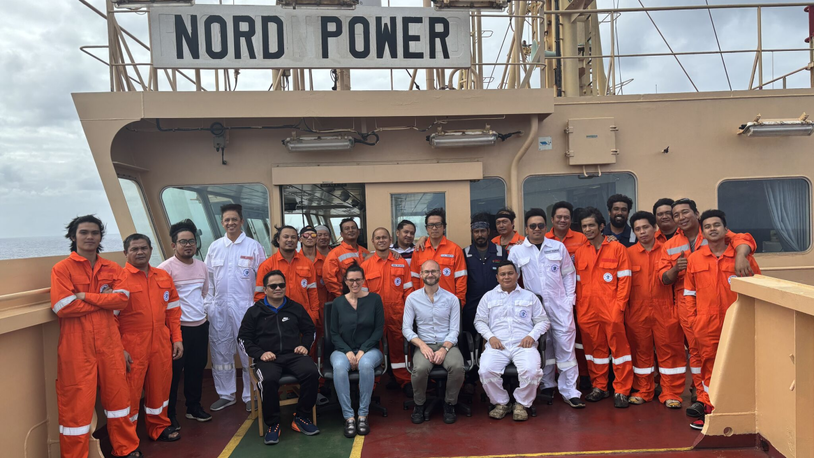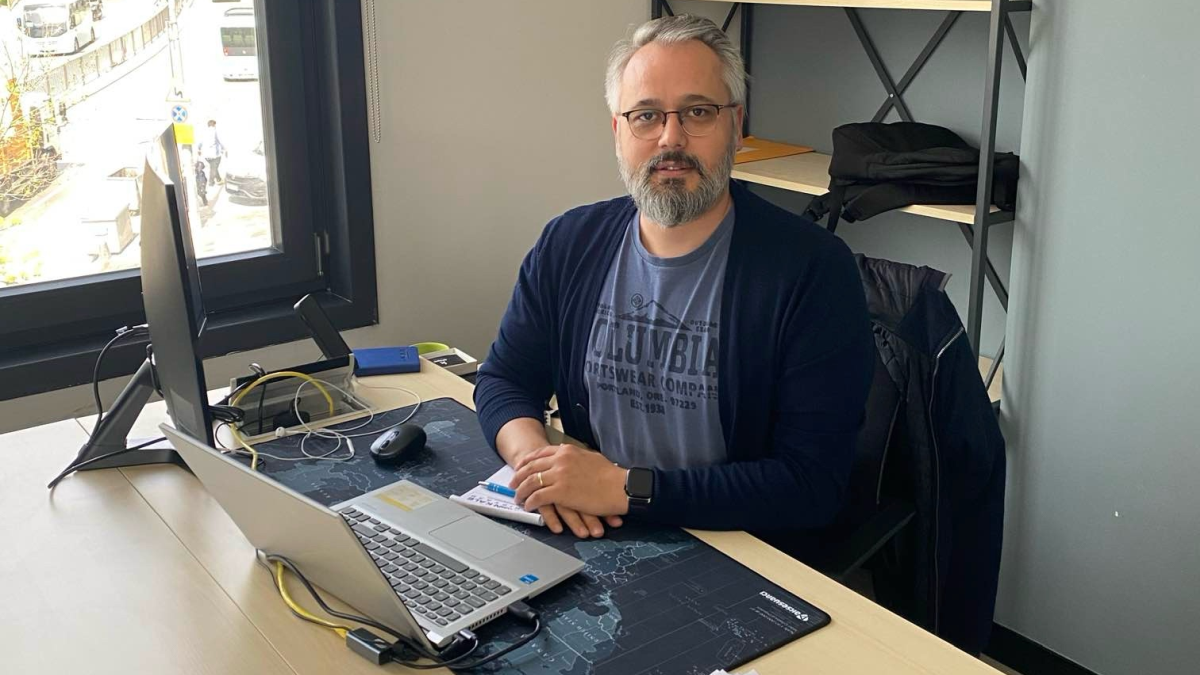Business Sectors
Events
Contents
Royal Arctic Line to expand AI system use after 'significant' fuel savings
Royal Arctic Line is set to install Frugal Propulsion, an intelligent engine management system on more ships in its fleet, after its installation on board the container ship Malik Arctica yielded ‘significant’ fuel savings
An AI-based system from Denmark’s Frugal Technologies that integrates with a ship’s existing propulsion control system uses sensors, big data and advanced algorithms to ensure the engine is constantly optimised for draught, load, waves and wind.
As part of a trial, the class-approved Frugal Propulsion system was installed on board container ship Malik Arctica at the end of 2019, and Royal Arctic said it found significant improvements in the ship’s performance on voyages between Denmark and Greenland.
Variable frequency drives were subsequently installed during docking, allowing the ship to sail with variable revolutions on the main engine, thereby achieving a further reduction in fuel consumption.
Royal Arctic Line senior director of fleet management Anders Bay Larsen said “We have a payback period of 10-12 months, which makes Malik Arctica an attractive business case. At the same time, we are reducing the ship’s CO2 footprint and supporting our ambition to protect the fragile climate in the Arctic. Therefore, we have indicated that we are ready to enter into a dialogue about a Frugal solution for another of our cargo ships.”
Frugal Technologies chief executive Peter Hauschildt said interest in the system continues to grow as fuel is by far the biggest ongoing expense on cargo ships.
He said “Ships transport the vast majority of the world’s trade, so there is enormous potential in making them more efficient – both in terms of finances and the climate. With Frugal Propulsion, we add artificial intelligence and big data to the control of the engine and propeller, while ordinary control only involves static factory settings. It offers some unprecedented opportunities to optimise fuel consumption.”
So far the Frugal Propulsion system has been installed and tested on four cargo ships at different shipping companies. Frugal Technologies said savings in fuel consumption on average after a run-in period stand at 10-15%, which for many feeder ships, roro vessels, chemical tankers and ferries will correspond to 2-4 tonnes of fuel per day.
Riviera is producing a range of technical and operational webinars and virtual events with the industry’s foremost experts. Sign up to attend on our events page
Related to this Story
Events
Maritime Environmental Protection Webinar Week
Cyber & Vessel Security Webinar Week
The illusion of safety: what we're getting wrong about crews, tech, and fatigue
Responsible Ship Recycling Forum 2025
© 2024 Riviera Maritime Media Ltd.

